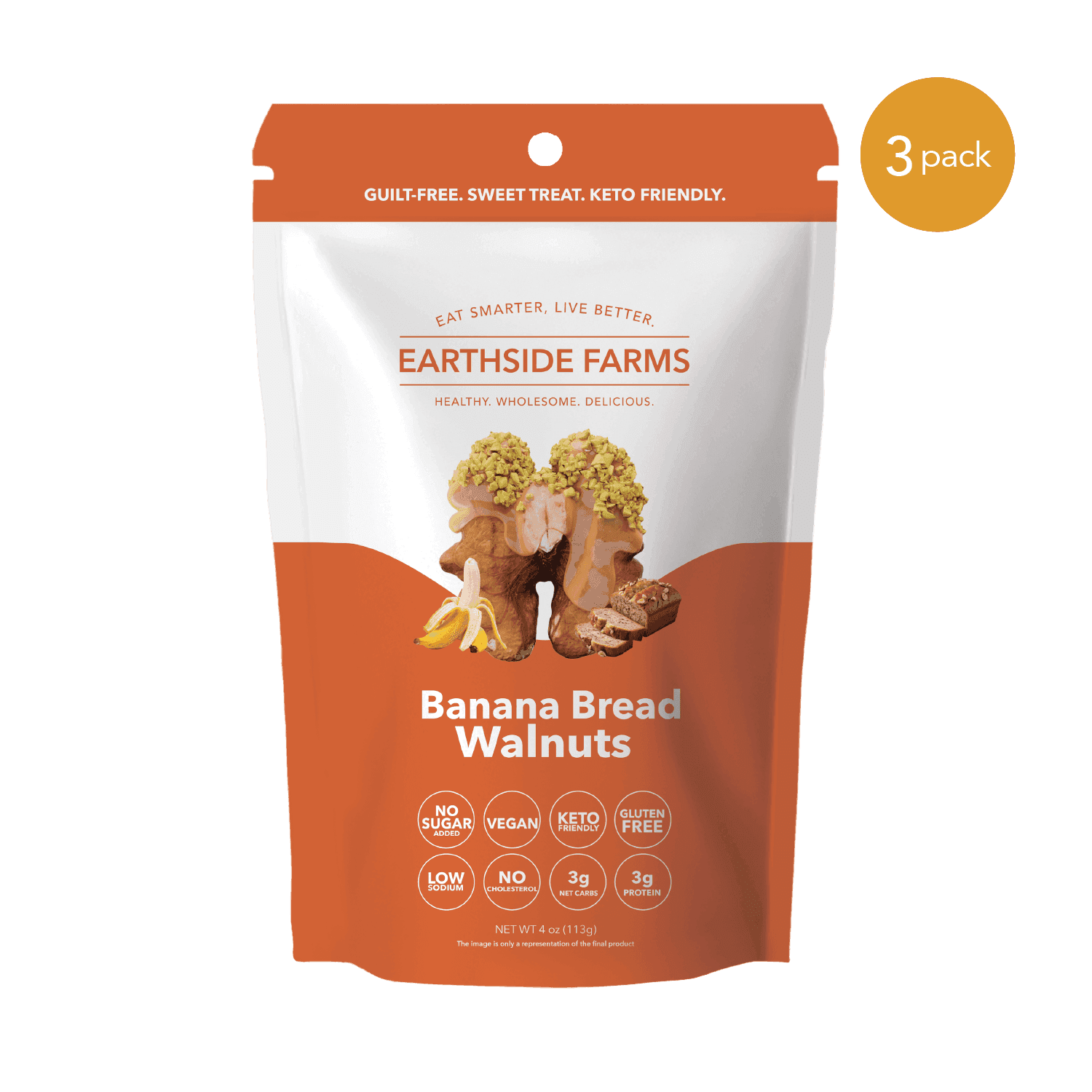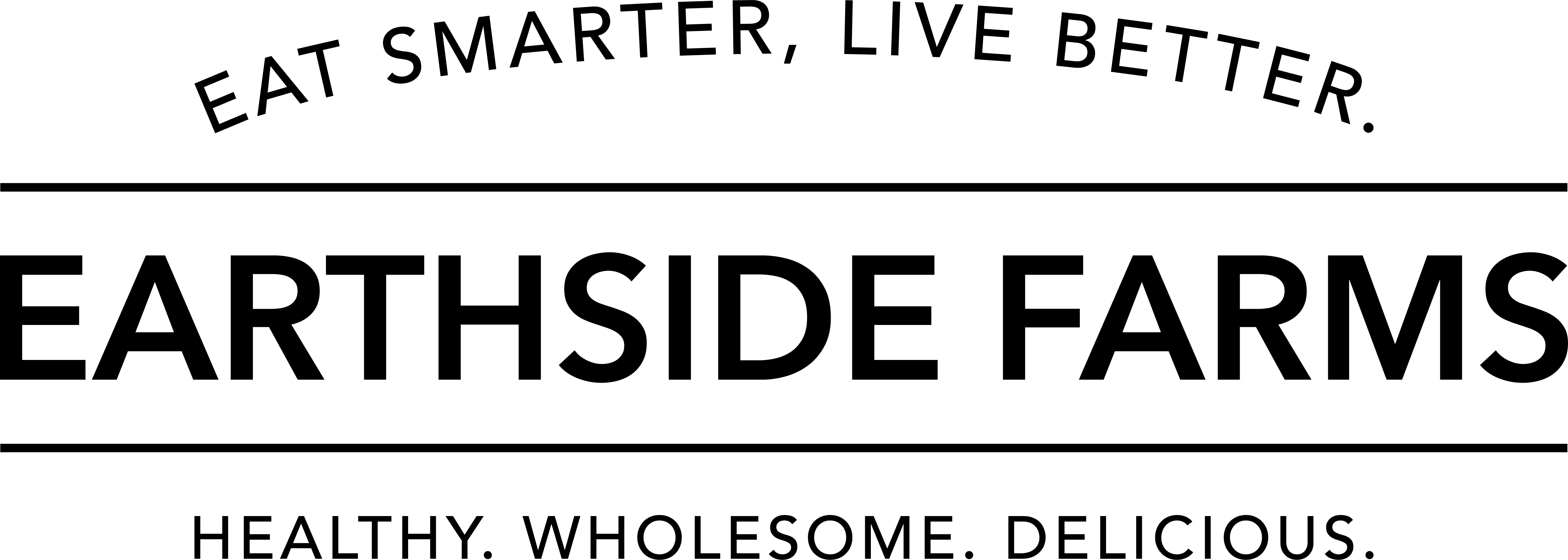Many wonder if choosing to be vegan means avoiding all dairy or if hidden surprises lurk in plant-based foods.
For instance, what if you crave a sweet snack but worry about hidden dairy ingredients or allergens?
Yes, being vegan includes being dairy-free, but cross-contamination might become a problem.
So, let’s explore this in detail by defining vegan and dairy-free diets, examining their key differences, and providing you with the tools to make informed choices about your diet.
A Quick Skim: The Difference Between Being Vegan & Dairy Free
Here’s a table summarizing the key differences between vegan and dairy-free diets:
|
Aspect |
Vegan Diet |
Dairy-Free Diet |
|
Definition |
Excludes all animal-derived products, including dairy, eggs, meat, and honey |
Excludes all dairy products only, but may include other animal products like meat, eggs, or honey |
|
Allowed Foods |
Plant-based foods only |
Can consist of meat, eggs, honey, but no milk, cheese, butter, or cream |
|
Ethical Consideration |
Strong emphasis on animal welfare and environmental impact |
Often driven by health reasons (allergies, lactose intolerance), but may also be ethical |
|
Labeling |
Often labeled “vegan” or “plant-based” |
Labeled “dairy-free,” but not necessarily vegan |
|
Allergy Safety |
Usually dairy-free, but cross-contamination is possible |
Strictly excludes dairy; allergy risk depends on processing and other animal ingredients |
|
Common Confusion |
Sometimes confused with dairy-free, but stricter |
May be mistaken for vegan, but less restrictive |
Let’s dive into more detail below.
What is a Vegan Diet
A vegan diet excludes all products derived from animals.
This means no meat, eggs, honey, or dairy.
Why? Because it’s not merely about the food.
Veganism is a lifestyle choice focused on avoiding animal exploitation in every form.

A vegan diet centers on plant-based foods like
-
Nuts
-
Fruits
-
Seeds
-
Grains
-
Legumes
-
Vegetables
These foods pack nutrients and flavor without the ethical or environmental baggage of animal products.
What Does Dairy-Free Mean?
A dairy-free diet excludes all milk products.
That includes milk, cheese, butter, yogurt, and cream, regardless of animal source.

But unlike veganism, dairy-free doesn’t ban all animal-derived foods.
You can still eat eggs, fish, or meat while avoiding dairy.
Why does this matter?
Many people choose dairy-free diets due to allergies or lactose intolerance — conditions that make digesting dairy products uncomfortable or even dangerous.
Others avoid dairy for ethical or environmental reasons, but that doesn’t automatically make them vegan.
Is Vegan Food Always Dairy-Free?
If vegan foods exclude all animal products, does that mean they’re always dairy-free?
The answer is yes — by definition, vegan foods do not contain dairy.
So, when you see a vegan label, you can trust that no milk, cheese, or butter is inside.
Even though vegan foods are dairy-free, they aren’t always safe for people with dairy allergies.
Why?
Because of cross-contamination.

Sometimes, vegan products are made in facilities that also handle dairy, which means trace amounts can inadvertently be introduced.
The same issue arises when determining whether brown sugar is gluten-free.
That’s where “certified” labeling comes in.
A certification ensures products avoid animal ingredients and minimize cross-contamination risks.
It’s a trust signal for those needing strict dairy avoidance.
Is Dairy-Free Food Always Vegan?
Not quite.
Dairy-free means a product contains no milk or milk derivatives but might still include other animal ingredients like eggs or honey.
So, while all vegan foods are dairy-free, not all dairy-free foods are vegan.
Take lactose-free dairy products, for example.
They’re made from real milk but have enzymes added to break down lactose, making them easier to digest.
But they’re not vegan, since they still contain animal milk.
That’s why reading the ingredient list and allergen statements is essential.
If you want to follow a vegan lifestyle, look beyond “dairy-free” and check for any animal-derived ingredients.
Animal Dairy vs Plant-Based Vegan - Chemical and Nutritional Breakdown
Here’s how animal dairy compares nutritionally to popular plant-based vegan milk alternatives:
|
Parameter |
Cow Milk (Animal) |
Plant-Based Milk (Vegan) |
|
Protein |
~3.4–3.5 g per 100 g |
Often lower (e.g., 1.1 g per 100 g in nut milks), but soy and pea milks can match or exceed animal milk protein levels |
|
Lipids (Fats) |
~3.7 g per 100 g |
Highly variable (e.g., around 2.7 g per 100 g in some nut milks) |
|
Calcium |
~1030 mg per liter |
Much lower naturally (e.g., 62.4 mg per liter in some nut milks), but often fortified to match animal milk |
|
Minerals |
Rich in calcium, phosphorus, and iodine |
Often lower, though some brands fortify minerals to match animal milk |
|
Amino Acids |
Complete profile |
Soy and pea milks provide a complete profile; others may lack specific essential amino acids |
How to Identify Vegan and Dairy-Free Products
How do you know what’s truly safe and fits your diet?
The key is in the labels and the ingredient list.
-
Look for clear certifications such as “certified vegan” or “dairy-free.”
-
Trust brands with transparent labeling and clear ingredient sourcing.
-
Please read the ingredient list carefully & avoid animal-derived ingredients.
-
Keep a close eye out for milk, casein, whey, honey, eggs, or any such products.
-
Look for “may contain” or “processed in a facility” warnings for dairy or other allergens.
Benefits of Choosing Vegan and Dairy-Free Snacks

Why go vegan and dairy-free with your snacks?
-
Reduces animal exploitation as a given.
-
Lowers your carbon footprint, benefiting the environment.
-
Often contain fewer saturated fats, which can promote heart health.
-
Supports better digestion, reduces inflammation, and helps manage allergies.
-
Can contribute to weight management by avoiding calorie-dense dairy products.
-
Many such snacks are gluten-free, catering to those with gluten sensitivities.
-
Contain antioxidants & essential nutrients that boost well-being.
-
Rich in fiber, supporting gut health & keeping you full longer.
-
Fewer additives and no hidden animal products.
That’s precisely why the popularity of plant-based dairy alternatives is skyrocketing worldwide.
For example, in the UK, consumption of these products rose by 115% between 2008 and 2011 and between 2017 and 2019.
Women are 46% more likely than men to consume plant-based alternatives, with millennials leading the way in this trend.
Snack Smart With Earthside Farms
Earthside Farms offers no-added-sugar, keto-friendly, vegan snacks to deliver pure indulgence without compromise.

Explore our lineup at Earthside Farms and make your next snack a guilt-free celebration of health and taste.
Frequently Asked Questions
Here are some FAQs regarding this topic:
Is a vegan product ok for a dairy-free diet?
Yes. Vegan diets exclude all animal products, including dairy, so vegan foods are inherently dairy-free.
Does 100% vegan mean dairy-free?
Yes. A 100% vegan label means the product contains no animal-derived ingredients, including dairy.
Is vegan safe for dairy allergies?
Yes, generally, but cross-contamination can occur in manufacturing. To reduce risk, look for products labeled as “certified vegan.”
Does vegan automatically mean dairy-free?
Yes, by definition. Vegan means no dairy, but if you have allergies, always check labels for cross-contamination warnings.


